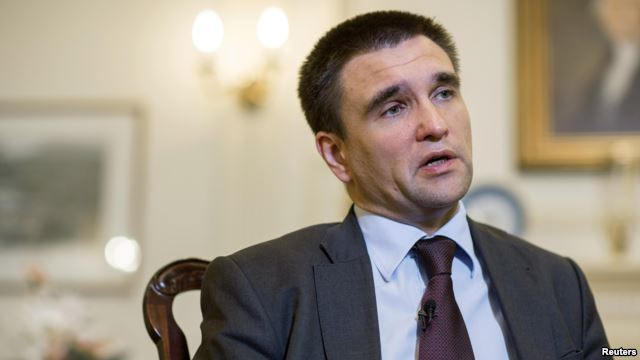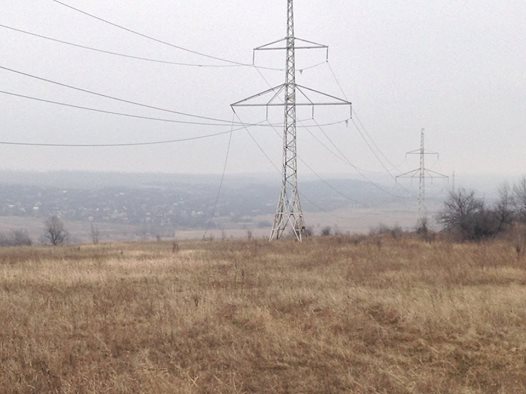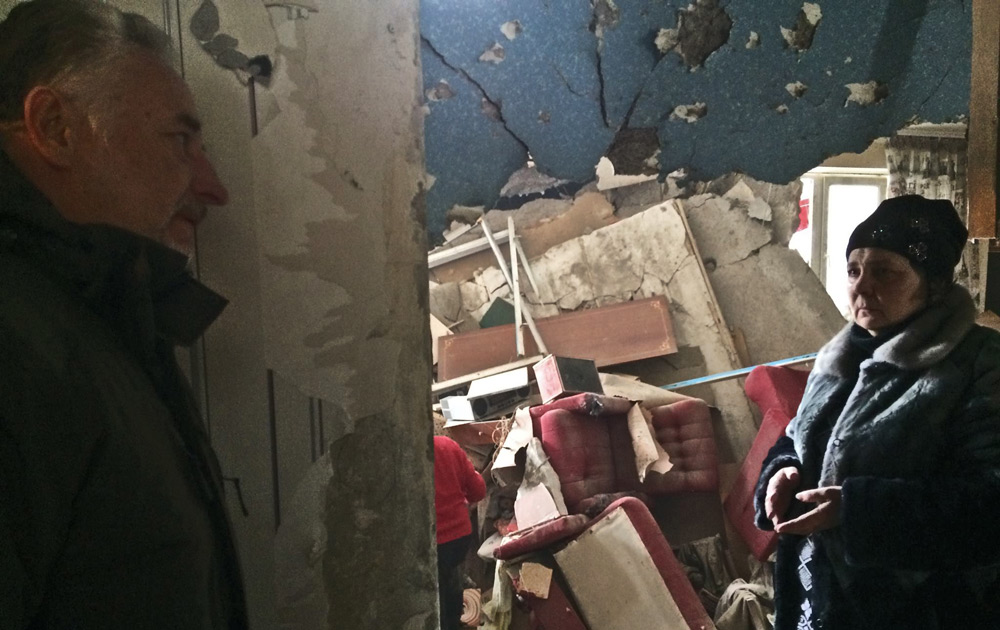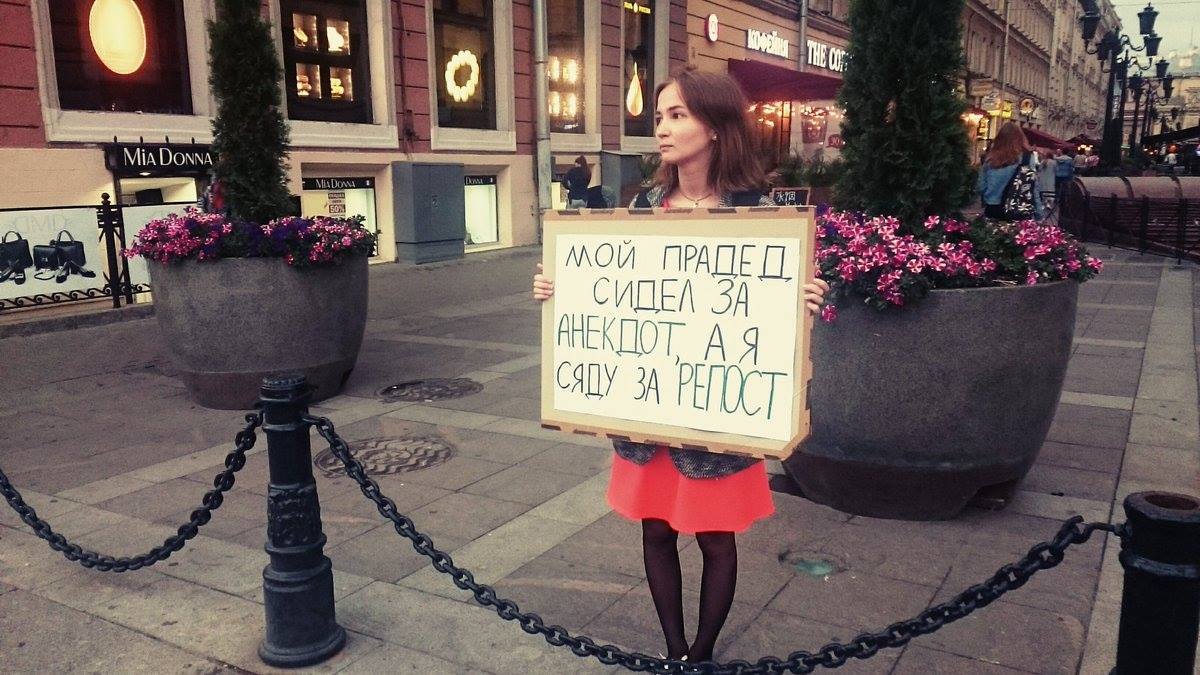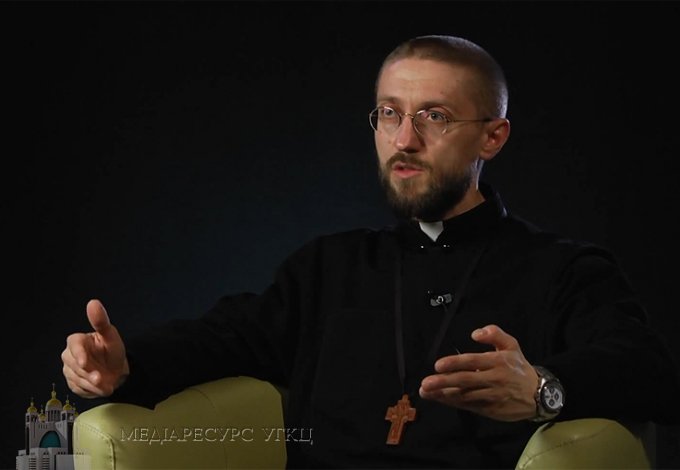Ukraine’s Minister of Foreign Affairs Pavlo Klimkin reported on the negotiations in Minsk to deputies of the Verkhovna Rada (Parliament) on Friday, February 13. He stressed that for the first time there was support from the Russian side for carrying out the terms of the Minsk agreements and that the OSCE would control the process. However, he noted that there is still no date for the withdrawal of all foreign troops.
Deputies had the chance to question Klimkin during the traditional Friday “question hour ” in Parliament. Klimkin began his remarks by reporting that the Minsk negotiations had continued for 17 hours without interruption and took place in a very difficult psychological atmosphere.
“I will not hide the fact that several times during the 17-hour negotiations we and our friends from Germany and France wanted to end these negotiations. Eventually there was a joint decision to reach these agreements, which you have all seen, and we received support for carrying them out instead of avoiding to do so.
Pavlo Klimkin reviewed the main points of the Minsk agreements and stressed that this was the first time that Russia agreed to their implementation.
“Currently we are carrying out very intensive consultations on how the OSCE can fully realize their objectives. The OSCE will be present in this process from the first second. The second important point is that we will use all possible technical means to control this process. We will receive help, including satellite equipment, so that we have a realistic — and I stress this — a realistic picture, he said.
Klimkin also noted that the date when the foreign troops would leave Donbas is not yet known, but they are “working on this point.” The execution of another point — the release of hostages based on the “all for all” principle — will depend on completion of the first one. The exchange, he said, should begin two weeks after the withdrawal of troops.
After the report, deputies asked Klimkin to clarify a few points. In particular, Oleh Liashko, the leader of the Radical Party, said: “In the 11th point you have committed to constitutional reform by the end of 2015. I ask who gave you the right to trade with the Ukrainian Constitution?” he asked.
Klimkin answered that no one could take on such obligations and that point # 11 states that the issue of decentralization, including in the Donbas, would be considered as part of the constitutional reform.
Tetiana Ostrikova, deputy from Samopomich (Selfreliance) party, asked about point # 5, which has to do with amnesty for the militants.
“How will this agreement be implemented, since we know that under the Criminal Code, pardon is an individual act of the president of Ukraine and concerns a specific person? Will the president really issue a decree with his signature to pardon leaders and fighters of terrorist organizations?” she asked.
“The answer is very simple: no, Klimkin said.
“Amnesty can in no way be given to those who were involved in crimes against humanity. This is an absolute position that was clearly highlighted during the negotiations,” he said.

